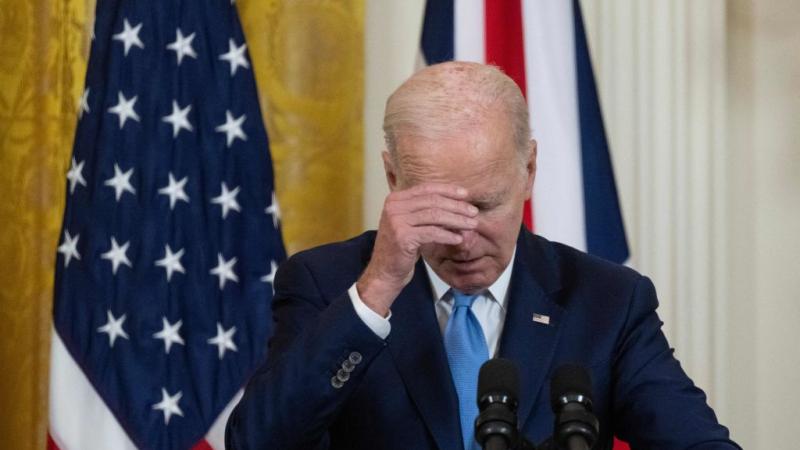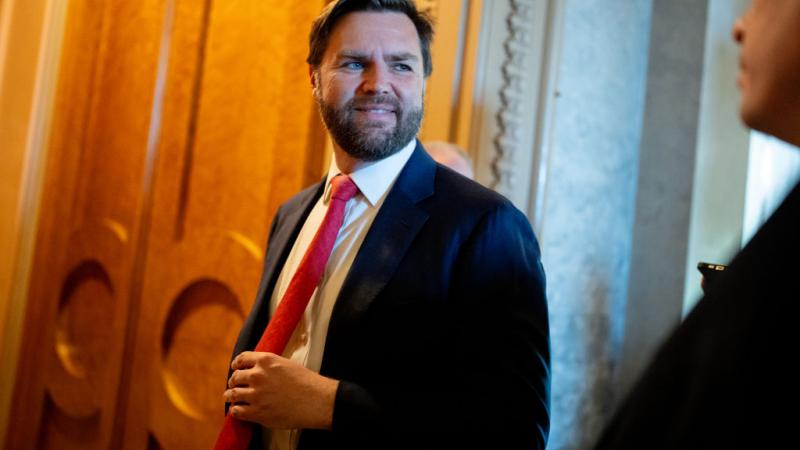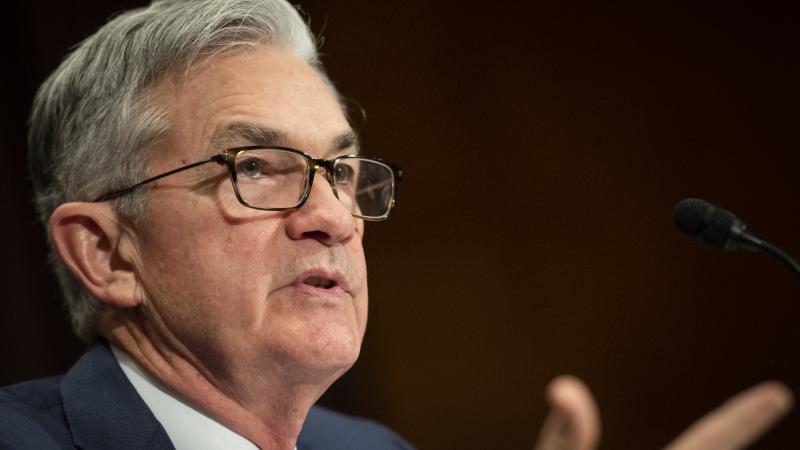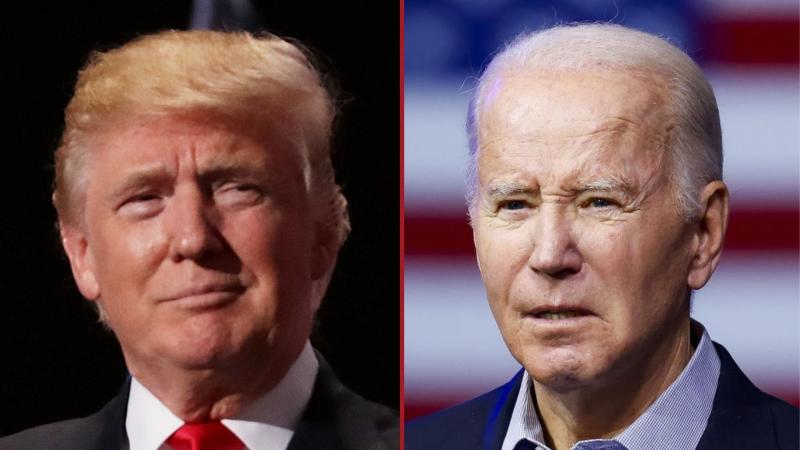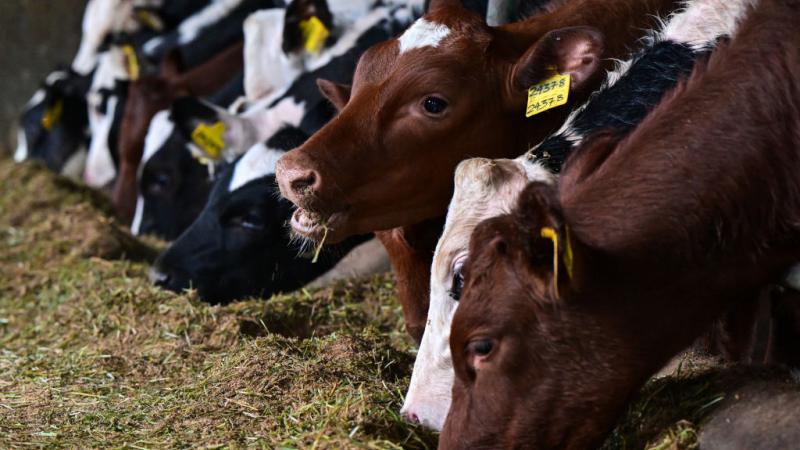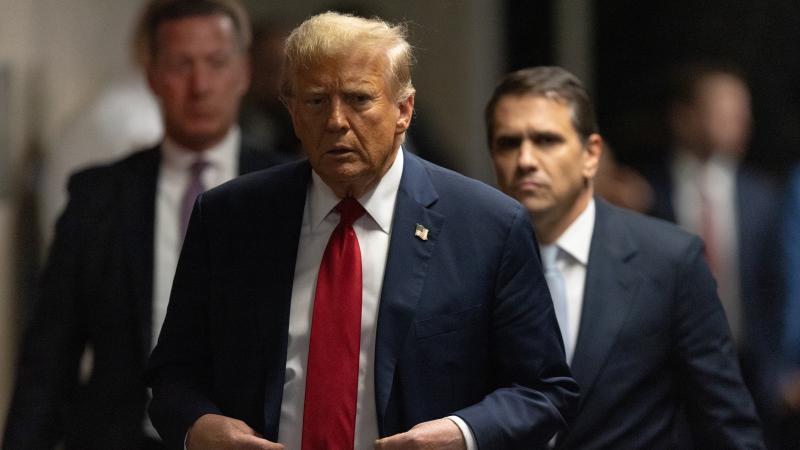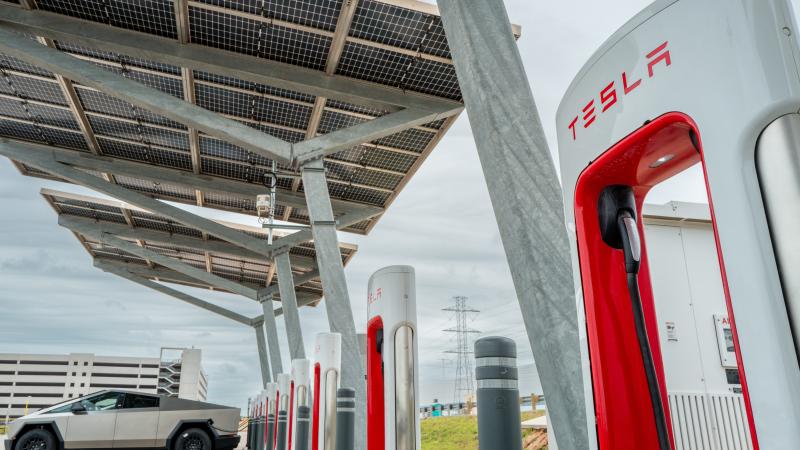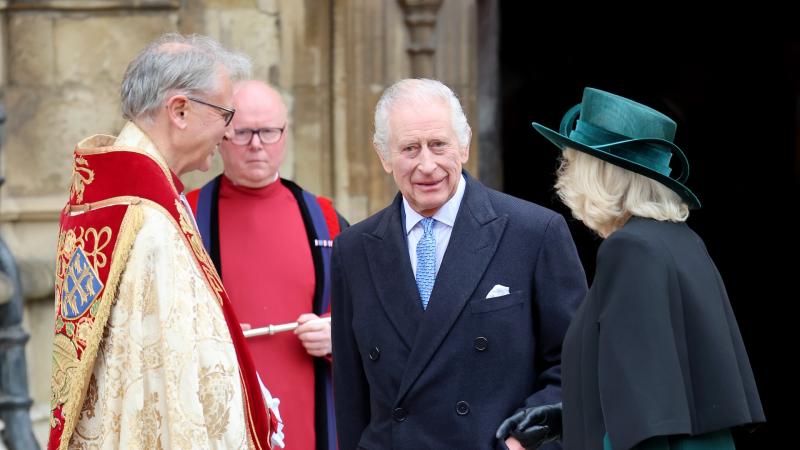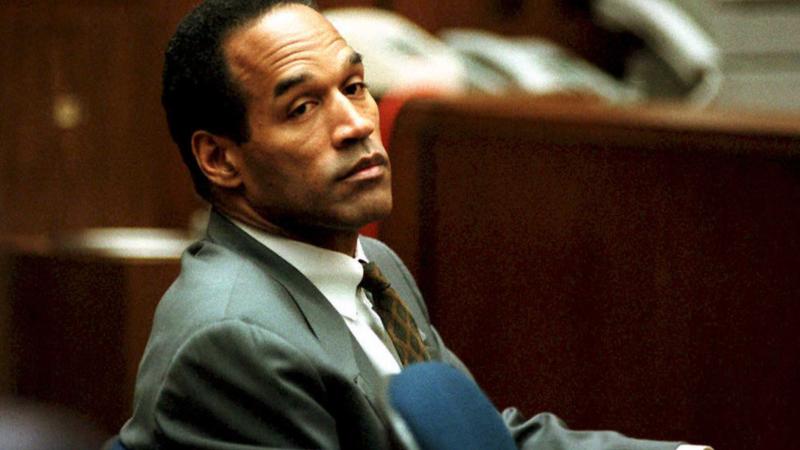Fauci's flip-flops: How 'America’s Doctor' has repeatedly reversed himself during Covid crisis
From masks to school closures to preexisting immunity, Fauci's advice appears to change to suit the moment.
When Dr. Anthony Fauci argued earlier this month that the massive Democratic stimulus bill was key to getting schools reopened, it wasn't the first time the superstar doctor had gone back on his own advice.
In late November, speaking to ABC News' Martha Raddatz, Fauci urged the resumption of in-person education for children.
"The default position should be to try as best as possible within reason to keep the children in school, or to get them back to school," said the longtime director of the National Institute of Allergy and Infectious Diseases.
The reopening of schools, Fauci emphasized, could be accomplished with little risk.
"If you look at the data, the spread among children and from children is not really very big at all, not like one would have suspected," he said. "So, let's try to get the kids back."
But within a few short months, Fauci's position had undergone notable change. Reopening schools was now contingent on passage of the legislative centerpiece of the Biden administration's domestic agenda, a colossal, $1.9 trillion Covid relief package.
"The schools really do need more resources," Fauci told George Stephanopoulos on Feb. 14. "And that's the reason why [the $1.9 trillion] that we're talking about getting passed, we need that," he continued. "The schools need more resources."
Fauci's flip-flop on school reopenings is just one of many very public reversals the public health official has performed over the course of the COVID-19 pandemic. At times the doctor has reversed himself not only on more political questions about public policy but on substantive and critical matters of hard science.
In September, for instance, Fauci appeared to abandon his earlier optimism about a promising COVID-19 theory under questioning from GOP Sen. Rand Paul during a Senate hearing.
Fauci in July had claimed that human T cells have the potential for "preventing the cells that are infected from making new viruses," perhaps stemming from "memory from other coronaviruses that are benign [such as] cold viruses."
Yet by the time he appeared before the Senate Health, Education, Labor, and Pensions Committee in September, Fauci had apparently decided that theory had no merit.
"[T]here was a study that recently came out that preexisting immunity to coronaviruses that are common cold do not cross-react with the COVID-19," Fauci said in a tense exchange with Paul about the potential for herd immunity in the U.S. populace.
Fauci was referring to a study published the week before his Senate appearance that found no evidence that exposure to other coronaviruses helped blunt the effects of COVID-19.
Despite Fauci's disavowal of the theory he had earlier championed, the science on that question is still unsettled. A December 2020 study by over two dozen scientists found that "numerous" T cells that respond to SARS-Cov-2 also respond to more common human coronaviruses, potentially (though not definitively) indicating that such cells offer some form of preexisting immunity.
On masks, Fauci famously went against his own initial advice
Perhaps most notably over the course of the pandemic, Fauci did a near-complete reversal on the subject of face coverings, becoming seemingly all at once one of the biggest champions of masks in the country.
At the outset of COVID's arrival in the U.S., Fauci urged the public to refrain from wearing face coverings.
"There's no reason to be walking around with a mask," Fauci said in early March of last year. "When you're in the middle of an outbreak, wearing a mask might make people feel a little bit better, and it might even block a droplet, but it's not providing the perfect protection that people think that it is."
Less than a month later, in early April, Fauci reversed that position, urging the public instead to don masks while out in public. He cited "recent information" showing that "the virus can actually be spread even when people just speak as opposed to coughing and sneezing," making face masks essential for slowing the spread of COVID-19.
Fauci was referring to "asymptomatic spread," the assertion that significant amounts of SARS-Cov-2 transmission can occur via infected individuals showing no symptoms. Public health officials have struggled at times to find high levels of asymptomatic spread, though fear of that phenomenon has driven much of the world's response to the pandemic over the past year.
Though the doctor claimed that "recent information" on asymptomatic spread had impelled his flip-flop on the masking issue, Fauci himself had claimed as early as January 2020 to have been aware of asymptomatic spread of COVID-19.
Fauci's office did not respond to requests for comment on these issues.


